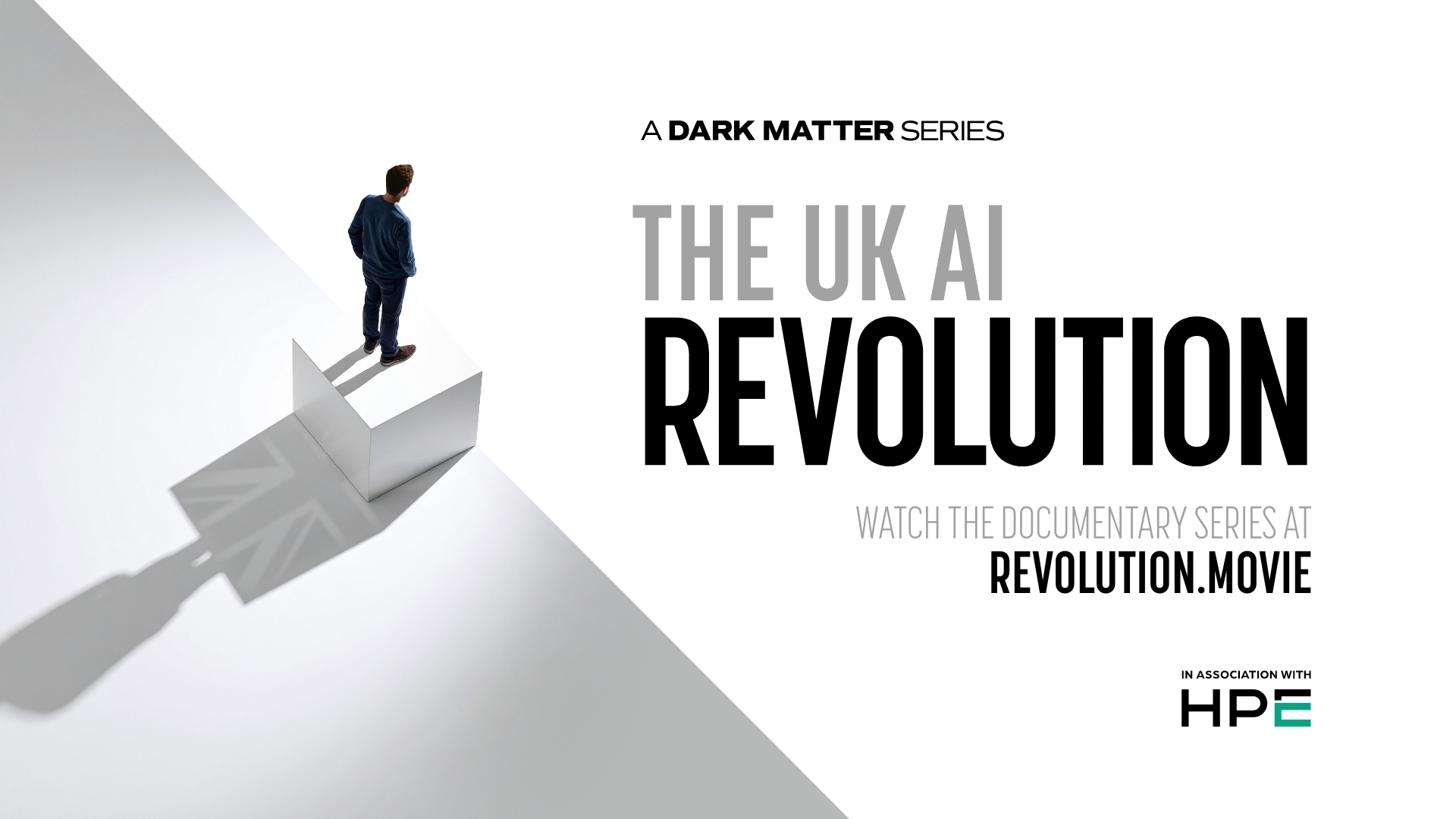DNA database still 'illegal', says watchdog
Even after proposed changes, the DNA database would be illegal under European law, claims the Equality and Human Rights Commission.


The DNA database is against European laws - even with changes proposed by the government.
This is according to a new report from the Equality and Human Rights Commission, which called for more changes to the way the government holds DNA records.
Last year, the European Court of Human Rights ruled that the government's practice of holding DNA records for 12 years even if a person hasn't been charged with a crime, and indefinitely for those who have been found guilty of any crime, was illegal.
The commission said DNA data should normally be destroyed once the court has made a decision in the case, with exceptions for serious crimes. It also said children should be treated differently than adults, with their DNA not held as long as older criminals.
To ensure the database is used correctly and that people have a way to challenge their inclusion in the system, the commission also called for independent oversight.
John Wadham, the commission's legal director, said his group sees the necessity of such a database, but wanted the government to better balance the right to privacy with that of security.
"The proposed changes to the national DNA database are a step in the right direction, but we think there is no reason why the police should be allowed to keep anyone's DNA profile indefinitely. There also needs to be better protection for innocent people," he said in a statement.
Sign up today and you will receive a free copy of our Future Focus 2025 report - the leading guidance on AI, cybersecurity and other IT challenges as per 700+ senior executives
"It would be sensible for the Government to get this right now or it could face many more expensive legal challenges," he added. "Britain is at the cutting edge of how this technology is used in fighting crime, but it must be used lawfully."
The often-criticised UK DNA database is the biggest in the world, according to one policing agency, and holds DNA records on hundreds of thousands of children.
Freelance journalist Nicole Kobie first started writing for ITPro in 2007, with bylines in New Scientist, Wired, PC Pro and many more.
Nicole the author of a book about the history of technology, The Long History of the Future.
-
 The UK AI revolution: navigating the future of the intelligent enterprise
The UK AI revolution: navigating the future of the intelligent enterpriseAs AI reshapes industries and societies, decision-makers in the UK face a critical choice: build a sovereign future or merely import it.
-
 Turning the UK AI revolution into a sovereign reality
Turning the UK AI revolution into a sovereign realityThe UK AI Revolution documentary series posed difficult questions about AI’s hype, control, and future. Now, IT leaders must find the architectural answers
